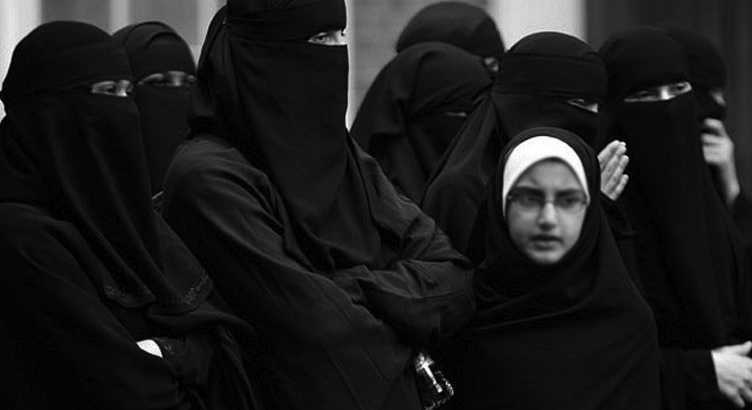On Tuesday communities, including Muslims, a woman leader of the Jamaat-e-Islamic Hind (JeIH) said “Instead of raking up the triple talaq issue, the government should focus more on education and other basic facilities to India’s “under-privileged”. JeIH Secretary Atiya Siddiqua said a negative image of Muslims was being portrayed to show Muslim men as dominant and women as victims. Reacting to Prime Minister Narendra Modi’s statement asking Muslim leaders not to politicise triple talaq,
Reacting to Prime Minister Narendra Modi’s statement asking Muslim leaders not to politicise triple talaq, Siddiqua said it was the government which was unnecessarily blowing triple talaq and polygamy out of proportion.
Jamaat-e-Islamic Hind Secretary Atiya Siddiqua asked “These practices have been in Islam since the beginning. Why was there no hue and cry (about it) so far? Why did this happen all of a sudden?”. She said, “The fact is that the practice of polygamy among Muslims is too low than other communities and the percentage of divorce is also least among Muslims.”
She asked the government not to interfere in Muslim religious matters and termed polygamy as a “divine law and boon for society” because it can give social and financial security to widows and uplift their status. She said the Jamaat had been conducting a pan-India awareness programme with Muslims over issues like marriage, divorce and inheritance. The 15-day awareness programme ends on May 7.
During our visit to various slum areas (in Uttar Pradesh), Muslim women told us that the education of their children was their priority. It (triple talaq) is a non-issue. It is being politicised unnecessarily. “The government should take up issues like education and basic facilities for underprivileged,” Siddiqua said. She said Muslim clerics have also been advised to deliver Friday sermons related to Muslim personal laws and eliminate misconceptions about it.
Shaista Rafat, in-charge of JeIH Delhi and Haryana women wing, said Islamic laws were “divine and they are for the good of people. Those who say these practices should be abolished are unaware about the Shariah laws.” The BJP-led central government has been pushing for a ban on the practice of triple talaq verbally divorcing a wife by uttering the word “talaq” thrice.
The debate against the practice was fueled when a woman in Uttar Pradesh lodged a complaint against her husband who had allegedly threatened her with triple talaq after she delivered a girl child. The practice is not followed in at least 22 Muslim countries including Pakistan and Saudi Arabia.

